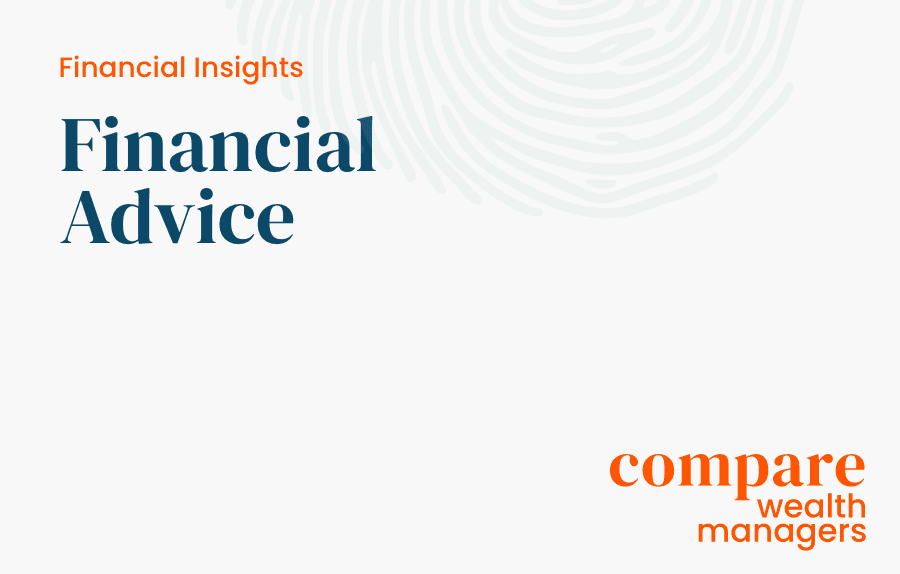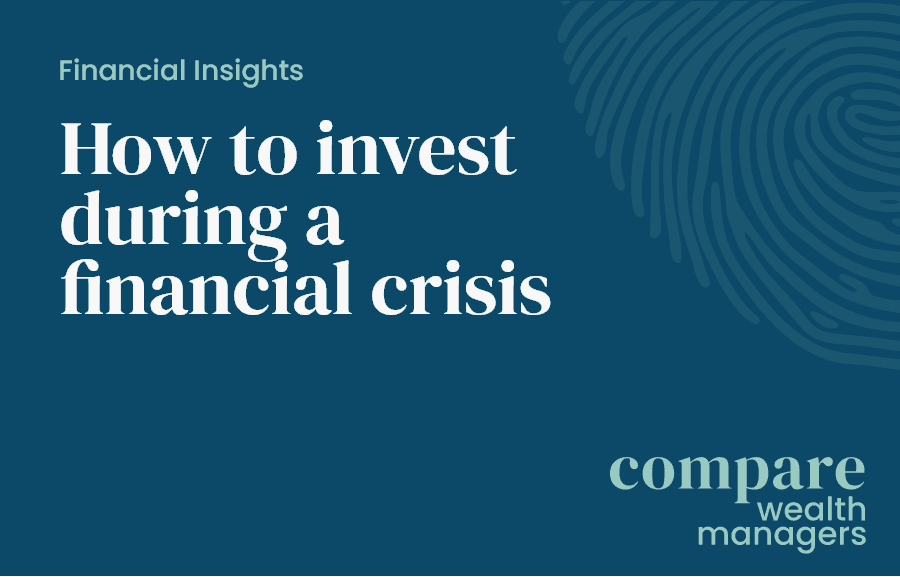With costs and prices rising worldwide reaching unprecedented records, we briefly analyse the background to it, offer a timeline of possible peaks and regression, and contemplate how to mitigate its eroding effect
Inflation in the UK keeps beating records, finishing March with the annualised inflation increasing at a rate of 6.2% by the end of 2021: the highest recorded level since 1992 and a level not predicted until June. Forecasters are now predicting that inflation will rise to 9% by autumn, a phenomenon not seen since 1982, affecting the cost of goods and services and, therefore, eroding the value of money.
What are some of the key causes of this?
The pandemic and the war in Europe: not only has COVID-19 had a major influence on finances worldwide, but the conflict in Ukraine is causing the prices of many goods to achieve new high records. The price of oil had dropped drastically at the beginning of the pandemic, but the increase in demand due to more mobility and Europe’s reliance on Russian oil and gas has rocketed the price of a barrel to a high in March of USD 130. Until the supply chains find new ways to meet demand, energy prices will remain inflated.
The effects of the conflict in Europe spread of course to other markets. As explained by The Week, Russia is the world’s largest exporter of gas and wheat, and one of the largest exporters of oil and sunflower oil. On the other hand, Ukraine is the world’s fifth-largest exporter of wheat and the fourth-largest of maize. Therefore, changes in prices were and are still expected, but not at the rapid pace they are increasing at the moment. “Where inflation goes from here is difficult to predict”, explains Miles Robinson, Managing Partner of the financial planning and investment firm Tilney. “The energy crisis and supply chain disruption mean that other outcomes are possible though – where we could foresee inflation remaining elevated for longer.”
Are there any solutions in place?
According to Robinson, there is still light at the end of the tunnel. “Although we see many different outcomes, the most likely is that inflation in advanced economies peaks during the second half of 2022 and gradually falls back towards the target in 2023.” Yael Selfin, chief economist at KPMG UK, said in an interview with Reuters that these high rates would also put pressure on the Bank of England to keep on raising interest rates. “We raised the UK’s most important interest rate (Bank Rate) from 0.1% to 0.25% in December 2021, to 0.5% in February 2022, and then again to 0.75% in March” announces the Bank of England on their site. “We have done this to make sure the rate of inflation comes back down to 2% – this is the target the Government has set us. We may need to increase (these) further in the coming months. But that all depends on what happens in the economy and what we (predict for) the next few years”. The goal of Chancellor Rishi Sunak is to try to control the rise so that by the year-end inflation stabilises and then decreases in 2023. “Provided inflation expectations can be managed and global commodity prices stabilise by next year, we should see inflation returning to the Bank of England’s 2% target by mid-2024,” Selfin said to Reuters.
So, where does this leave us at the moment? What should we do with our assets so they do not continue losing value?
Taking wealth management advice could be particularly beneficial at this time to mitigate the effects inflation has on our assets, particularly cash savings and volatile assets like commodities. Miles Robinson and other experts in this field are providing valuable guidance during these uncertain times: “For investors, assuming a moderate or high inflationary environment we continue to favour equities over bonds and cash because profit margins remain strong, growth is above-trend and relatively equities remain cheaper than bonds.”





